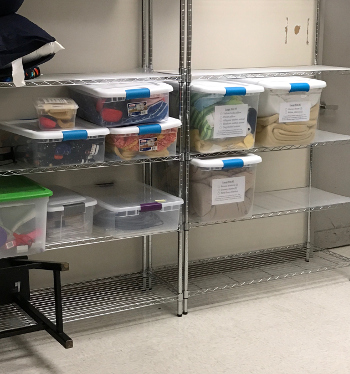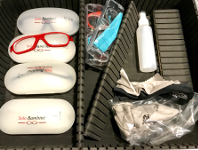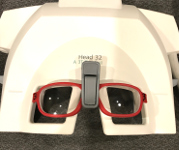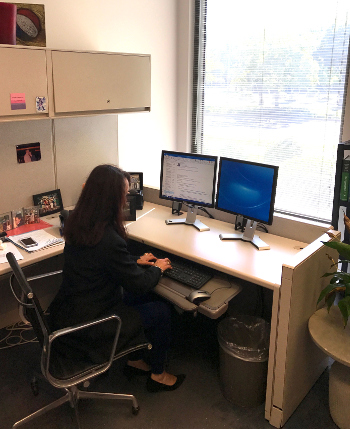FAQs
Help, I'm new! How do I start a study?
1. Contact Scott Martin (scomartin@health.ucdavis.edu) to receive access to the online Protocol Initiation Form (PIF).
2. All PIs and intended MRI users must complete MRI Safety Training and MRI Operator Training by contacting James Wallis (jmwallis@health.ucdavis.edu).
3. Also work with James Wallis (jmwallis@health.ucdavis.edu) to find available pulse sequences and develop your protocol.
4. Contact Dennis Thompson (dmthompson@health.ucdavis.edu) for any hardware or stimulus programming needs.
5. Apply to the Pilot Program (if needed) by contacting Michele Ono (myono@health.ucdavis.edu).
6. Gain access to the IRC Calendar and your MRI data by contacting Scott Martin (scomartin@health.ucdavis.edu).
I encountered a technical problem while scanning. Who do I contact?
Please send a description of the problem to us at irc-tech-support@ucdavis.edu. We will get back to you as soon as we can.
How do I apply to the Pilot Program for my new study?
Follow the link to our Pilot Program information page. You will need to fill out the Pilot Program Application Form.
Who do I contact for information about available pulse sequences? Can I use pulse sequences from another site?
Please contact Youngkyoo Jung (yojung@health.ucdavis.edu), our Technical Director, for available pulse sequences and scan protocol development.
If you are interested in using a pulse sequence from another site, please note that we get all other pulse sequences from Siemens R&D, only. Please have your PI contact Youngkyoo, who will send the request to Siemens. Importantly, the IRC, the University Office of Research, Siemens R&D, the third party developer, and the outside institution will need to sign various forms and agreements.
What pre-processing scripts are available?
Please contact Dennis Thompson (dmthompson@health.ucdavis.edu) for assistance with available scripts and other programming inquiries.
I am a MRI researcher. Where can I leave my equipment for my scans?
We ask that you please store any approved outside equipment needed for scans on site, so as to avoid accidentally bringing unapproved items into the MRI environment. Once your equipment has been approved by James Wallis (jmwallis@health.ucdavis.edu), please provide your own labeled clear storage bins. The label should contain your Lab name, to avoid any confusion.

What do I do about incidental findings?
Incidental findings include any abnormal vasculature, cyst, lesion, neuroma, or any other kind of brain anomaly discovered during an MRI research scan. Per IRC policy, please do not inform your research subjects. Notify your PI and James Wallis (jmwallis@health.ucdavis.edu) immediately, giving as much detail as possible regarding the type of incidental finding, such as location of the lesion. We offer free radiological reads to our colleagues, analyzed by a trained radiologist.
What if my subject has an implant?
See the answer to this question at the bottom of the Safety Page.
My patient wears reading glasses, but my task requires they read words on a projector screen. What do I do?
We currently provide MR Safe glasses at the scanners in both Sacramento and Davis. The MRI-safe glasses range from -1.00 to -7.00 diopters in strength. They can simply be clipped onto the outside of the 32-channel head coil.


How do I work most effectively with IRC Staff?

While each PI is ultimately responsible for study design, data processing and data analysis, the IRC staff is happy to help support and assist with these efforts.
If it turns out that you need individual consultation, or that you want a staff member written into a grant proposal, please reach out to our Staff members individually.
